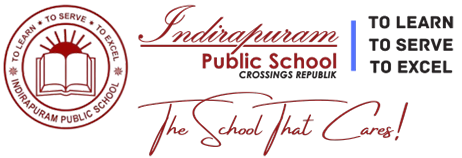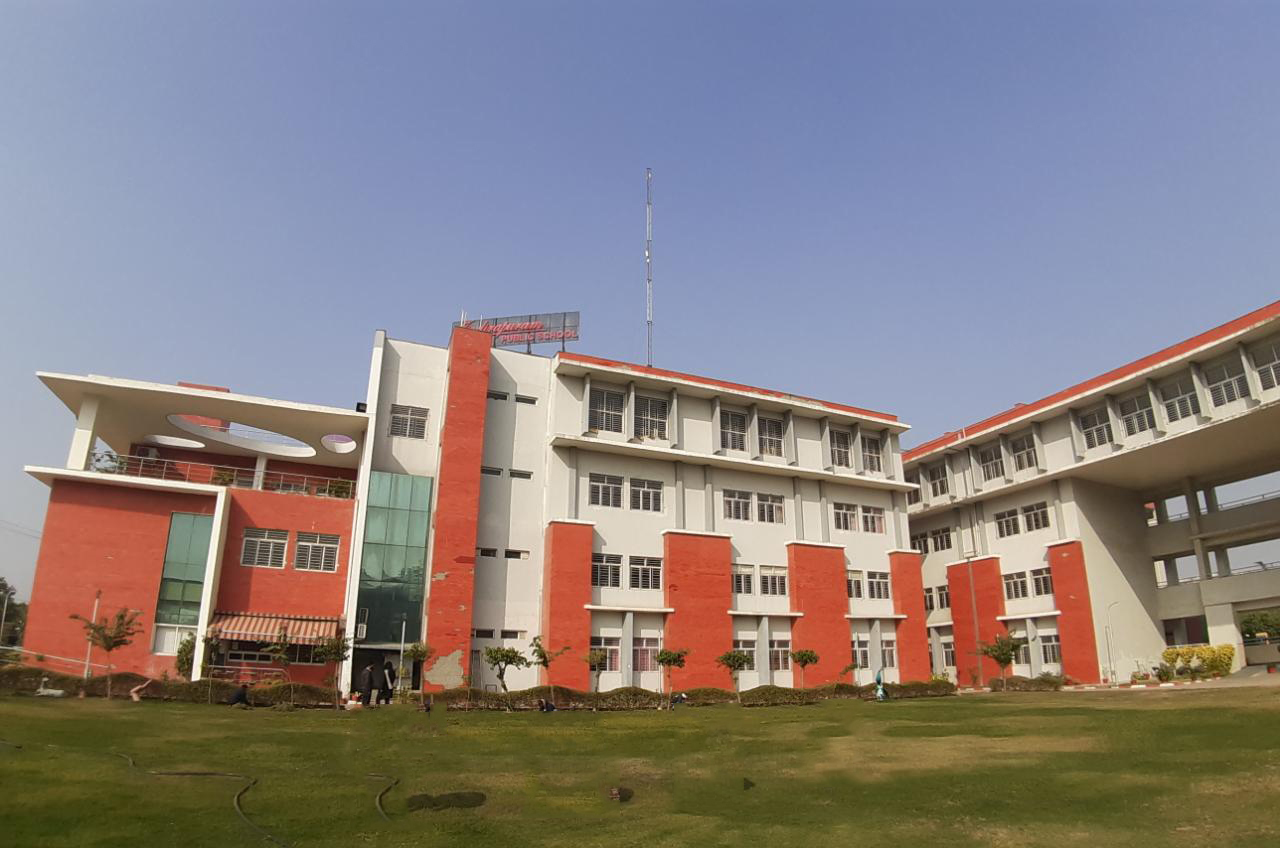Foundational Stage
As per NEP-2020, the foundational stage consists of five years of schooling i.e. Nursery to Class II.
PRE-PRIMARY (NURSERY, LKG, UKG)
- Theme-based teaching is conducted for the pre-primary section, aligned with the competencies from the National Curriculum Framework for Foundational Stage (NCF-FS).
- Formal tests or examinations are not conducted for pre-primary students.
- Promotion is based on continuous and comprehensive assessment (CCE) of a child's personality, physical and emotional development, academic performance, and participation in school activities. The assessment is conducted under the following developmental domains:
- Physical and motor development
- Socio-emotional-ethical development
- Cognitive development (including numeracy)
- Language and literacy development
- Aesthetic and cultural development
- Parent observation, self-assessment and peer assessment are included in the Holistic Progress Card in order to ensure 360 evaluation and to provide a holistic view of the progress of the child.
- Parents' Observation - To make parents an integral part of a child's learning journey, a section on Parents' Observation is given in the Holistic Progress Card to ensure their role in the development of the child.
- Parent Observations are taken once in every term ie, three times during the academic year, after each assessment cycle through a set of questions where parents share their observations, feedback, and reflections on their child's progress.
- The HPC fosters collaboration between parents, educators, and students as the teachers compare parent feedback with their own observations to identify any similarities or differences in the child's development at home and in the school.
- Self-Assessment refers to the process where students evaluate their own work or performance. They reflect on their learning, strengths, weaknesses, and areas for improvement.
- Peer Assessment refers to the process where students evaluate each other's work. It involves giving feedback, assigning grades, or both, based on set criteria.
- Self-assessment and Peer Assessment are part of "observation" tools and an integral part of Holistic Progress Card to understand whether the learner can accurately assess his/her own competency and the same is also assessed by the peer group.
- Self-assessment and Peer Assessment are included in every term ie, three times during the academic year, after each assessment cycle through a set of questions mentioned in the HPC.
Self and Peer Assessments encourage students to engage more deeply with the teaching learning process. Evaluating others or their own work sharpens analytical and evaluative skills. Students take ownership of their learning and become more accountable for their performance.




